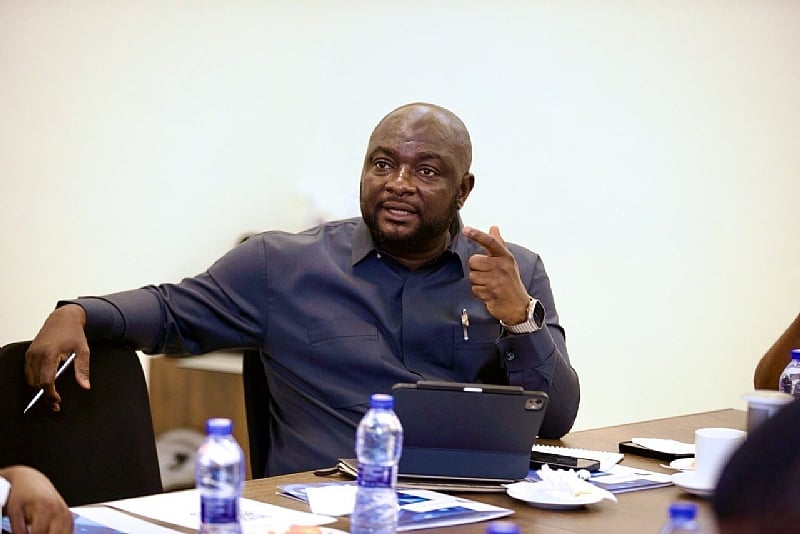The New Patriotic Party (NPP) finds itself at a crossroads following its electoral defeat in the 2024 polls. While the party has initiated a constitutional amendment process to reposition itself for future elections, internal dissent is brewing over the handling of the post-election review. Davis Ansah Opoku, the Member of Parliament for Mpraeso, has voiced his disappointment with the national executives, criticizing the lack of transparency and the disregard for grassroots concerns in the review process. He argues that the party’s recovery is being hampered by the failure to publicly address the root causes of the electoral loss, as identified by the Professor Mike Oquaye-led review committee. This lack of communication, he asserts, undermines the party’s efforts to learn from its mistakes and rebuild trust with its base.
Central to Opoku’s critique is the secrecy surrounding the findings of the review committee. Despite his personal commitment to the review process, traveling from Parliament to meet with the committee in his constituency, he notes that not even a communiqué has been issued summarizing the committee’s findings. This lack of transparency, he contends, prevents the party from having an open and honest conversation about the factors that contributed to the electoral defeat. Without a clear understanding of the problems, any attempts to reform the party’s structure will be akin to treating symptoms without addressing the underlying disease.
The NPP’s call for constitutional amendment proposals has further fueled Opoku’s frustration. He questions the rationale behind soliciting proposals without first sharing the findings of the review committee. He argues that meaningful proposals can only be formulated based on a clear understanding of the party’s shortcomings, as identified by the review. Without this foundational knowledge, the amendment process risks becoming a superficial exercise, failing to address the core issues that led to the party’s defeat. He emphasizes that a thorough diagnosis of the problems is crucial before attempting to prescribe solutions.
Opoku’s concerns highlight a deeper tension within the NPP: the disconnect between the party’s leadership and its grassroots. His criticism of the national executives suggests a perception that the party’s leadership is not adequately engaging with the concerns of its members. This perceived disconnect can erode trust and hinder the party’s ability to mobilize its base for future elections. A successful recovery, he implies, requires a more inclusive approach, where the voices of all members, particularly those at the grassroots level, are heard and valued.
The future of the NPP hinges on its ability to address these internal divisions and chart a path forward. The constitutional amendment process presents an opportunity for the party to reform its structures and strategies. However, for this process to be truly effective, it must be informed by a thorough and transparent assessment of the party’s past performance. Ignoring the findings of the review committee, as Opoku warns, risks perpetuating the same mistakes that led to the party’s defeat. A meaningful recovery requires not just structural changes, but also a renewed commitment to engaging with the grassroots and addressing their concerns.
In essence, the NPP’s current predicament underscores the importance of post-election reviews not just as a formality, but as a crucial tool for organizational learning and growth. The party’s ability to learn from its mistakes, adapt to changing political landscapes, and rebuild its base will depend on its willingness to embrace transparency, engage in open dialogue, and prioritize the concerns of its members. The call for constitutional amendments, while a step in the right direction, should be preceded by a thorough analysis of the party’s shortcomings, as identified by the review committee. Only then can the NPP hope to emerge from this period of introspection stronger and more united. The party’s leadership must recognize that true recovery requires not just structural reform, but also a fundamental shift in its approach, one that prioritizes open communication, inclusivity, and a genuine commitment to addressing the concerns of its grassroots members.














